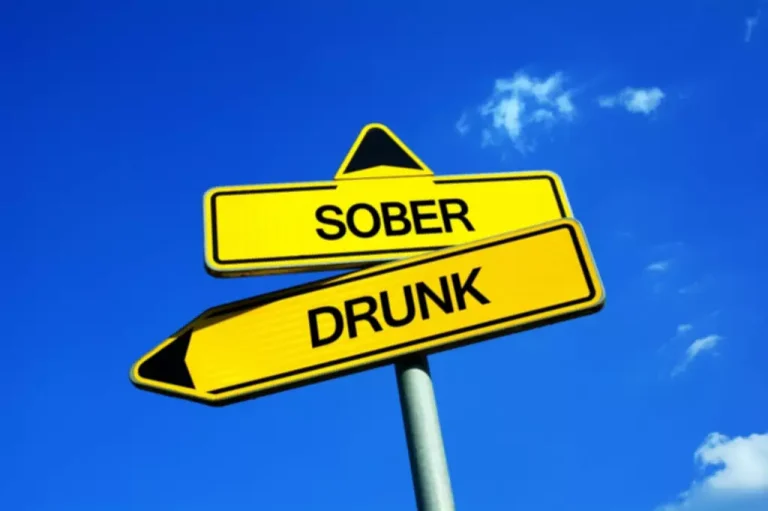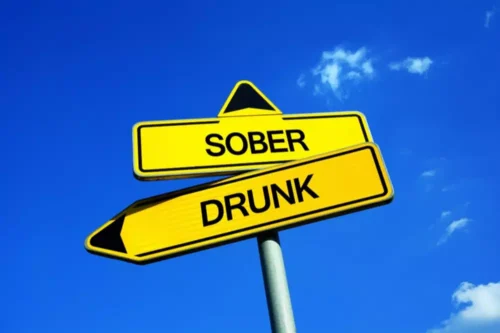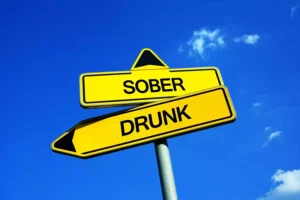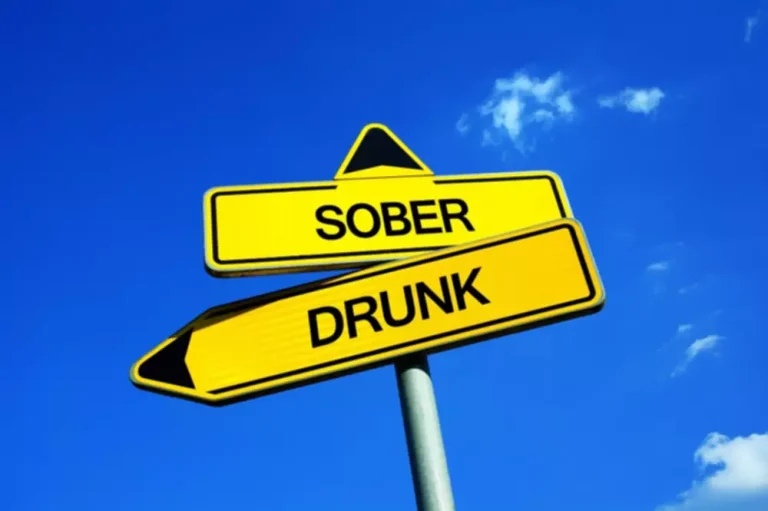
Unfortunately, this scenario plays out much too often in the lives of people who didn’t get a chance to correct their mistakes and past behaviors in time. In the 12-step program, making these amends is a core part of recovery, helping to rebuild trust and personal accountability, which are key aspects of the 12-step recovery process. You cannot strip someone else of their agency to choose any more than you can eternally carry the pain of a decision you can’t change. You may be able to find a way to make indirect amends—like utilizing the momentum of old harm and new accountability to make a fresh connection with something that means something to that relationship. Alternately, you can choose to make living amends by actively choosing not to repeat past mistakes in your present world. But as we quickly learn, simple instructions aren’t necessarily easy to execute.
Step Series
Below, learn some of the best practices for righting the wrongs caused by active addiction. Although human relationships will always be complicated, doing our best to repair the damage restores our self-esteem and helps the other person resolve their hurt around the issue. Making amends fosters living amends aa clarity, self-forgiveness, and relief from guilt, which is healing. It also offers others a chance to gain resolution or a deeper understanding of your recovery journey. Repairing previous harm also assists in helping you rebuild important relationships which may have been impacted by addiction. As a part of my recovery process, I have reflected on my behavior and realized that I have hurt you in the past though my___________.
Taking the Next Steps toward Wellness
Practice accepting other’s responses to your efforts and remember that you have done all you can. When appropriate, remind others that you are here if they change their mind or wish to talk. Your efforts to make amends may not always go as well as you hope. Try not to respond with anger or defensiveness if others aren’t responsive to your efforts.
I’m In Recovery
Remember, this is a Twelve Step process that can provide a platform for healing, but the person we are reaching out to may not be at the same place in healing as we are. As with alcohol and other drugs, we are also powerless over other people. We cannot control how others respond, whether they will forgive or whether they will hold on to negative feelings or resentments. For example, we might intend to go to a friend’s birthday party, but in actuality, we fail to show up for the event. While we might apologize later for missing the party, our apology consists of words rather than actions or changed behavior.

- As with all the steps I have found for me, that as time moves on they reveal more and more to me.
- Indirect Amends – finding ways to repair damage that cannot be reversed or undone by doing things like volunteering and helping others.
- Instead, you may need to engage in a dialogue with them over time.
Consider those things carefully as you move through the inventory of your loved ones. When we make 12-Step amends, we must keep in mind not only what is correct, helpful, and kind but also what is practical and reasonable. Financial 12-Step amends, for instance, aren’t always appropriate to offer, especially if you do not yet have money to pay the individual back. This was a good start for me but there were still a lot of “I’s” as I experienced this step. As with all the steps I have found for me, that as time moves on they reveal more and more to me. The more I practiced this step the more I found out how much healing comes from it and not just for me.
Whatever the situation, there are a few ways to get started in the process of repairing wrongs with the people you most care about. One of the most common reasons people want to make living amends is to correct past wrongs. Living amends bridges the gap between living in shame and regret and finding forgiveness. Call our helpline today to learn more about how we can assist you in finding peace, restoring your mental health, and building a connection to a support group or higher power as outlined in programs like the Big Book. To work the 12 steps effectively, specifically step nine, you should have a sponsor or someone that has already worked the steps to help you and more importantly be there to support you.

During my drinking “career” I lived far away from my family, therefore, no amends were required. Facing the fact that omissions can be painful made this a powerfully healing step to do. And I keep on working it by marijuana addiction staying sober, that is also a form of an amend.
My Loved One Needs Help
When making amends it is important that you focus on your behaviors only and your amends. Of course, others in our lives had negative behaviors or unhealthy ways of responding to addiction but that has nothing to do with us making amends for our own behaviors. You will lessen the impact of your amends if you water it down with excuses and external blame. It is equally important that you genuinely stop and listen to the other person.

It’s really hard to apologize to those you’ve hurt — it takes courage and humility and requires a deep, intense look at yourself. Thankfully, there are tips you can take to help make your living amends permanent and lasting. No matter how much we feel the need to make things right, forcing another to meet with us or hear from us is not part of the Steps. When those we’ve hurt are not able or willing to accept our amends, we can still move in a positive general direction by taking intentional steps to be of service to others or making living amends. Step Nine states that we make amends “except when to do so would injure them or others.” We don’t want our actions to cause further damage, harm or stress.
